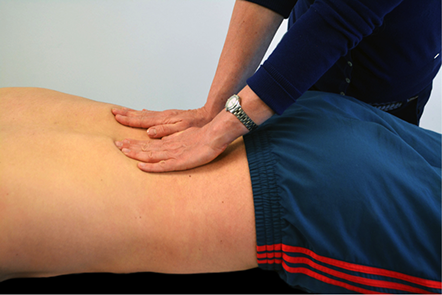
Treatment for Neck and Back Pain
Did you know that injuries to the spine, including the lower back, mid back and neck, account for about 50% of all consultations with the physio? Neck pain is one of the most debilitating conditions that we encounter and can come with all sorts of associated problems, like referred pain into the shoulder or arm, pins and needles into the hands, or even headaches.
You may feel that tradespeople or those involved in heavy manual work would be most likely to experience neck pain, but in our experience it’s desk workers with sedentary occupations that are most likely to suffer. Generally, bouts of neck pain coincide with particularly busy periods in work when people are sitting at the desk for longer than usual. Regular breaks from your desk, as well as aerobic exercise after work, are crucial to avoiding neck pain.
Slipped or prolapsed discs are a common cause of unrelenting and chronic Low Back Pain (LBP). Widespread availability of MRI scanning has made the diagnosis of disc prolapse much easier.
Symptoms of this type of disc prolapse include back pain, with or without pain down the leg or into the buttock. The pain may be made worse by sitting and may be particularly sore when changing from sitting to a standing position. Back pain caused by a prolapsed disc may be increased by coughing or sneezing, as the increase in abdominal pressure associated with these activities puts increased pressure on the disc.
Standard treatment of this type of condition would include six weeks of physiotherapy.
Physiotherapy Treatment After R.T.A. or ‘Whiplash’ Injury
The term ‘whiplash’ describes a sudden accident involving the neck, such as in a car accident. The forceful movement of the head damages the muscles, ligaments and tendons in the neck.
The symptoms often take a while to develop after an accident. Any inflammation (swelling) and bruising in the neck muscles won’t usually be obvious at the time of the accident. It may take 6-12 hours for the symptoms to become apparent.
Symptoms include neck pain and stiffness, headaches, pins and needles or numbness in the arms and hands, blurred vision, nausea, tinnitus (ringing in the ears) and difficulty swallowing.
Physiotherapy is helpful in speeding up the recovery from whiplash with advice and specific exercises to help to regain neck movement.